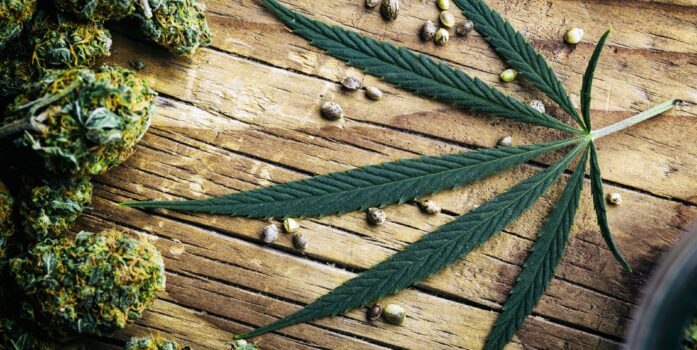
The idea of enhancing your athletic performance may be catchy at first sight ! Many of you don’t know the true meaning of athletic performance, so let me explain it to you before hitting our subject. Performance is influenced by a combination of physiological, psychological, and socio-cultural factors, according to Reference.MD. The physiological factor is our main interest here. It includes :
- Heart rate
- Blood Pressure
- Pulmonary measures (VO2MAX, tidal volume, RR, FEV1)
- Physical work Capacity
- Grip strength
- …
Recently, athletes have been focusing a lot on their performances during competitions and championships, to an extent of becoming obsessed by being more and more physiologically effective. This obsession, today, is leading to many health-related problems in athletes who have been doping themselves with prohibited supplements. The WADA (the anti-drug agency) is being active at delivering awareness around the globe. Its key accomplishments include scientific investigation, education, development of anti-doping capacities, and monitoring of the World Anti-Doping Code (Code) – the document harmonizing anti-doping policies in all sports and all countries, according to WADA.
Talking about doping, many athletes tend to go for marijuana intake before championships. According to them, it makes them feel less stressed and less anxious, letting them focus more on their performance. It has a big effect on the psychology of the one competing.
But our aim today, is talking about the physiological effects of marijuana.
Can marijuana BOOST up your performance ?
 Recent findings suggest that marijuana have slightly few effects on sports-performance. According to Marijuana and Its Effects on Athletic Performance: A Systematic Review by Kien V.Trinh, MD, PhD, somewhat increases heart rate, thus observing tachycardia during exercise. Blood pressure was also increased before exercise and then decreased during and after exercise. There was also an improvement of FEV1 (forced expiratory volume during 1sec) after exercise.
Recent findings suggest that marijuana have slightly few effects on sports-performance. According to Marijuana and Its Effects on Athletic Performance: A Systematic Review by Kien V.Trinh, MD, PhD, somewhat increases heart rate, thus observing tachycardia during exercise. Blood pressure was also increased before exercise and then decreased during and after exercise. There was also an improvement of FEV1 (forced expiratory volume during 1sec) after exercise.
The problem with these findings is that they have low evidence. Many physiological aspects remain uncertain regarding marijuana intake. Other studies who tried to explain the marijuana effect did not find significant conclusions.
Do not forget ! We are talking here about PHYSIOLOGICAL factors.
Until today, marijuana has only positive psychological effects (desired by athletes but prohibited by policy): it creates feelings of ecstasy, resulting in reduced nervousness and augmented sociability. As a result, athletes may use marijuana to ease their stress and anxiety during competitions.
